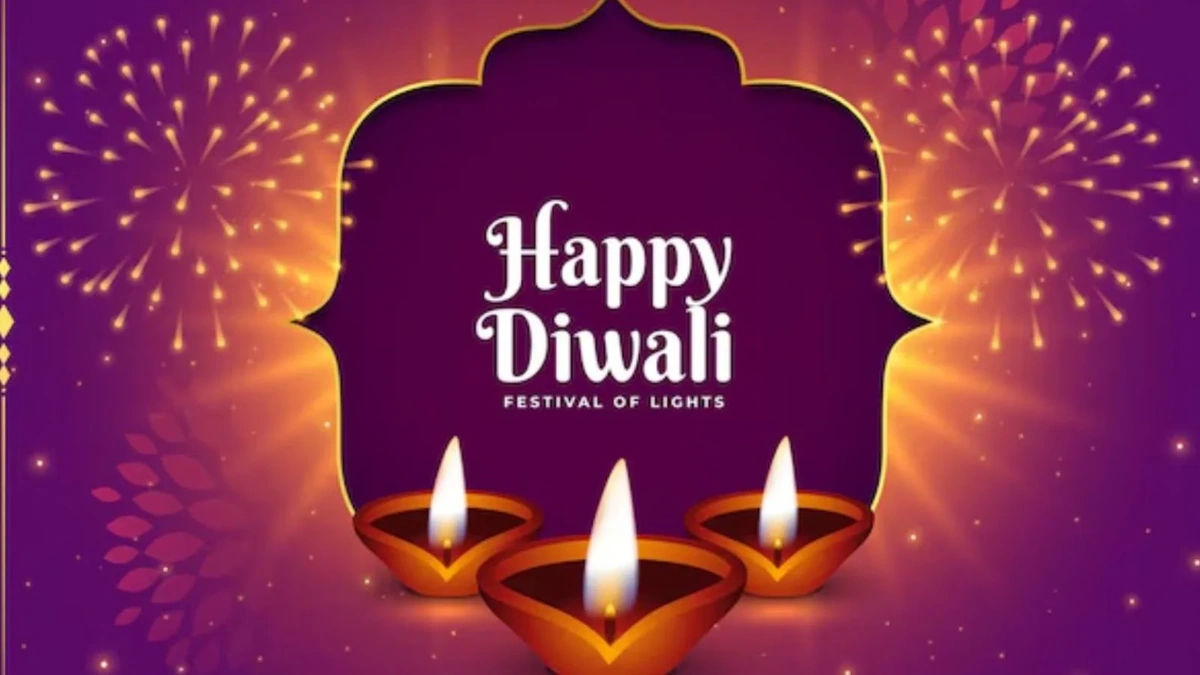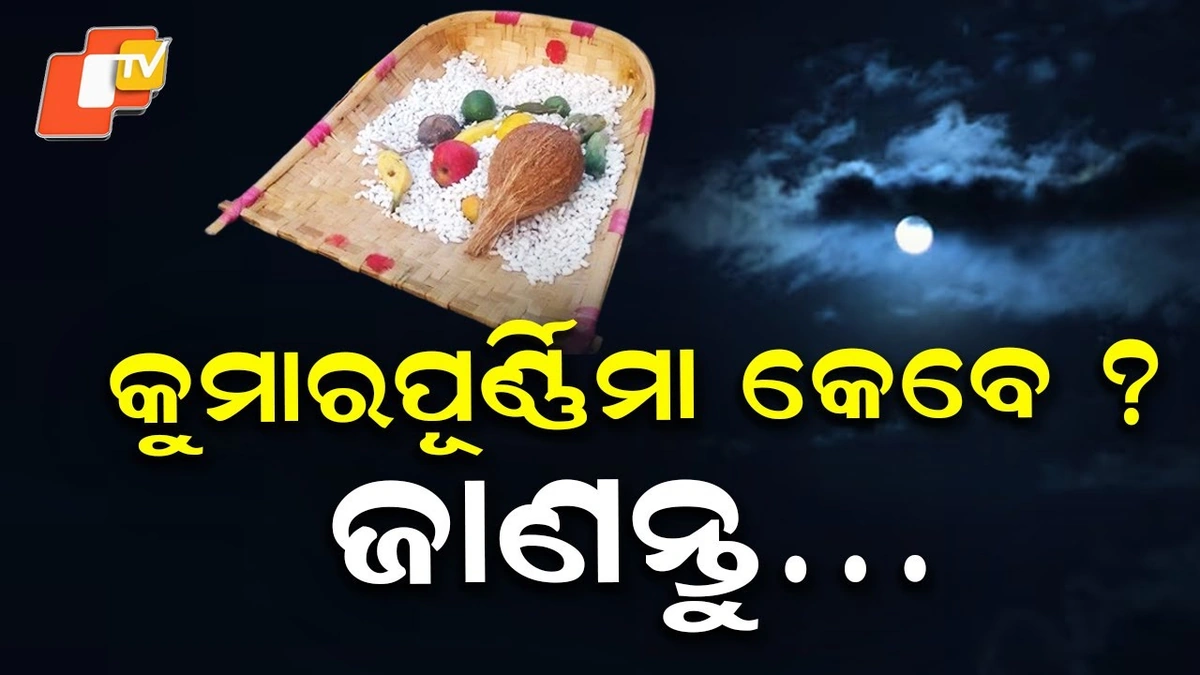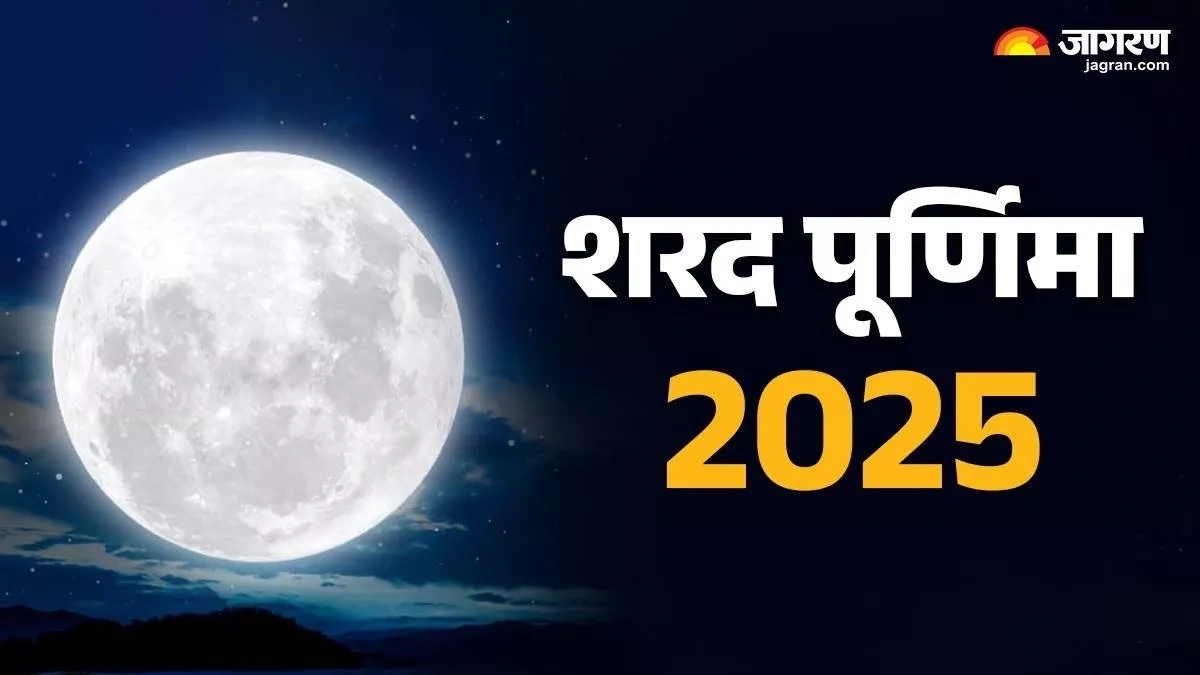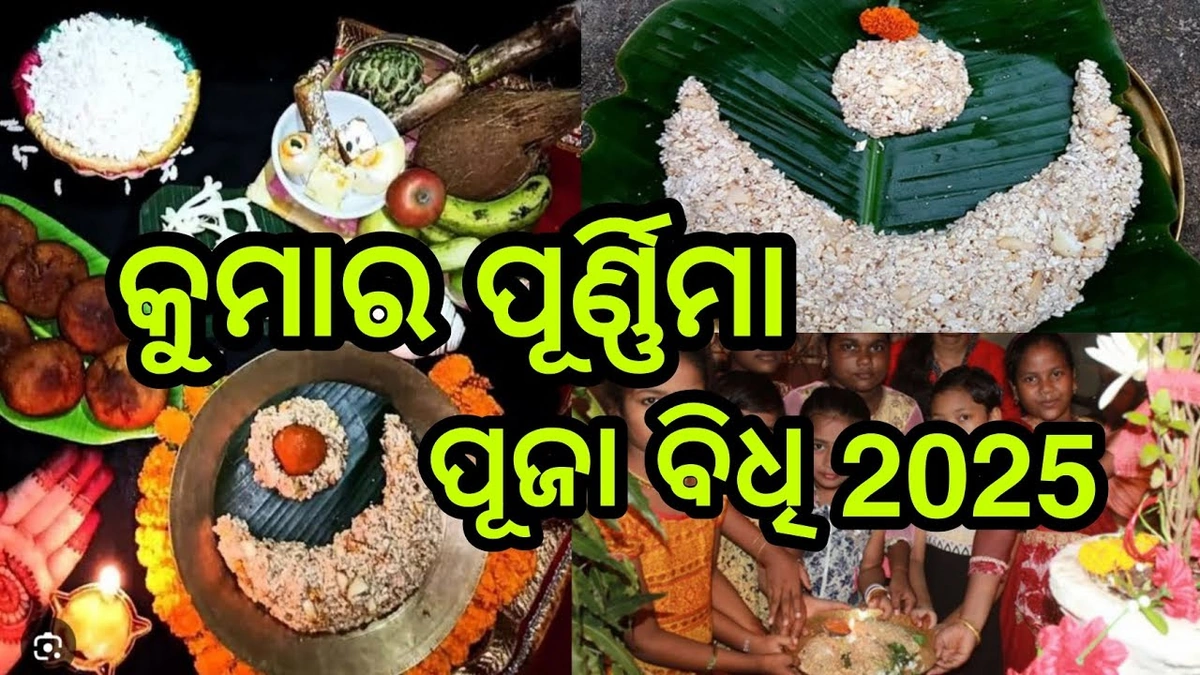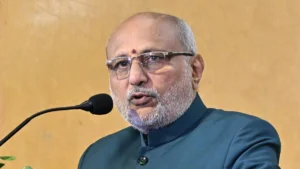Diwali Date | More Than Just a Date—Understanding the Festival’s Significance
Diwali, the festival of lights, is more than just a day on the calendar. It’s a cultural phenomenon, a spiritual journey, and let’s be honest a whole lot of fun. But have you ever stopped to think about why the Diwali date shifts each year? Or what all those twinkling diyas really represent? I know I did. And what I found was pretty fascinating!
The Lunar Connection | Why Diwali Isn’t Fixed
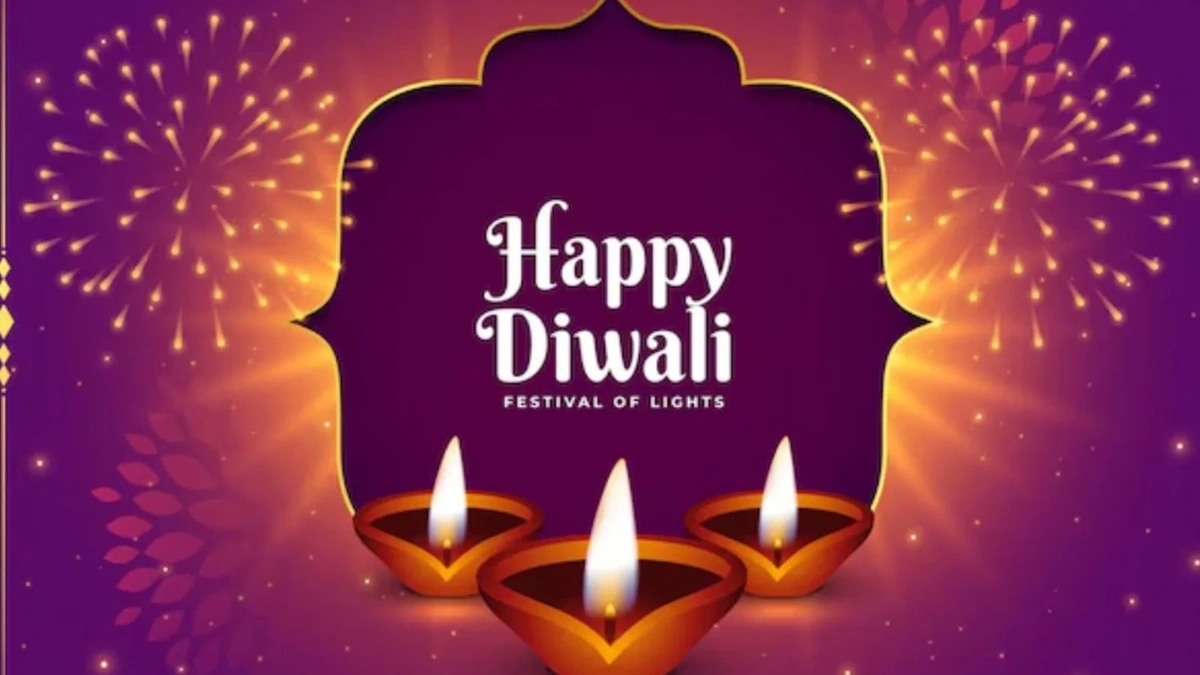
Here’s the thing: Diwali follows the Hindu lunar calendar. That’s why you won’t find it on the same Gregorian date every year. It falls on the darkest, new moon night of the Hindu Lunisolar month Kartika. This is called Amavasya. Figuring out the exact time of Diwali requires a bit of astronomical calculations, which is why the dates are determined well in advance by astrologers and religious authorities. A common mistake I see people make is assuming that it’s a fixed date like Christmas, but it’s much more nuanced than that.
But why a lunar calendar, you ask? Well, many Hindu festivals are tied to lunar cycles, which are considered auspicious. The moon represents the mind, and the new moon signifies a fresh start. Diwali, therefore, is a time to banish darkness (both literal and metaphorical) and welcome new beginnings.
Decoding the Symbolism | More Than Just Pretty Lights
Okay, we all love the dazzling displays of lights, the scrumptious sweets, and the festive atmosphere. But the real magic of Diwali lies in its symbolism. Each ritual and custom carries a deeper meaning, and understanding these can make the festival even more enriching. What fascinates me is how the simple act of lighting a diya can hold so much significance.
The diyas, for instance, symbolize the triumph of good over evil, light over darkness, and knowledge over ignorance. The oil in the diya represents negative tendencies like greed and anger, while the wick symbolizes the ego. When lit, the diya signifies the burning away of these negative traits, leading to enlightenment and spiritual awakening. It’s a powerful metaphor, isn’t it?
Even the firecrackers, despite the environmental concerns (more on that later), traditionally represent the dispelling of negativity and the celebration of victory. It’s like saying, “Goodbye to all things bad, and hello to a brighter future!”
Planning Your Diwali | Aligning with Auspicious Timings
So, you’ve got the Diwali date , but did you know that there are auspicious timings, or ‘shubh muhurat,’ for performing specific rituals? This is where things get a little more complex. These timings are based on planetary positions and are considered highly favorable for conducting prayers, Lakshmi Puja, and other important ceremonies. Let me rephrase that for clarity: knowing these timings can enhance the potency of your Diwali celebrations.
Usually, these timings are widely publicized closer to the festival, and you can find them on various religious websites and calendars. As per the guidelines mentioned in the information bulletin, these timings can vary slightly depending on your location, so it’s always best to consult a local priest or astrologer for precise calculations. The one thing you absolutely must double-check is the source of this information to ensure accuracy and reliability.
Speaking of celebrations, are you prepared for Diwali celebrations ?
Navigating Diwali in the Modern World | Balancing Tradition and Responsibility
Diwali today is a blend of ancient traditions and modern sensibilities. While we cherish the cultural heritage, it’s also crucial to address contemporary concerns like pollution and waste management. It’s about finding a balance between celebrating with enthusiasm and being mindful of our impact on the environment. And , this is where individual responsibility comes in.
One of the biggest challenges is the environmental impact of firecrackers. While they are a part of the traditional celebrations, the smoke and noise pollution they create can be detrimental to both human health and the environment. Opting for eco-friendly alternatives like LED lights and reducing the use of firecrackers is a responsible way to celebrate Diwali. Many communities are now organizing eco-friendly Diwali events, promoting sustainable practices, and raising awareness about responsible celebrations. Check out Ravan Dahan Near Me .
Beyond the Lights | The Deeper Meaning of Diwali
Ultimately, Diwali is a time for reflection, gratitude, and renewal. It’s an opportunity to connect with loved ones, express appreciation for the blessings in our lives, and reaffirm our commitment to positive values. It is a time to reflect on Diwali significance .
It’s not just about the dazzling lights and the delectable sweets, but about the inner light that we all carry within us. Diwali encourages us to ignite that light, to dispel the darkness of ignorance and negativity, and to embrace the path of righteousness and compassion. Krishna Janmashtami Meaning can also give you an insight of the importance of festivals in India.
And let’s be honest, in the midst of all the hustle and bustle of modern life, Diwali offers a much-needed pause a chance to reconnect with our roots, rejuvenate our spirits, and realign ourselves with our values. That, to me, is the true essence of Diwali.
So, as you prepare to celebrate the Diwali festival this year, take a moment to reflect on its deeper meaning. Light a diya not just to illuminate your home, but to illuminate your heart with love, compassion, and wisdom. Happy Diwali!
FAQ Section
Frequently Asked Questions About Diwali
What if I forget the Lakshmi Puja timing?
Don’t worry too much! While auspicious timings are preferred, the intention behind your prayers is what truly matters. Do your puja with love and devotion whenever you have the time.
How can I celebrate an eco-friendly Diwali?
Opt for LED lights, avoid firecrackers, use reusable decorations, and gift plants or eco-friendly products.
Why does the date of Diwali change every year?
Because it is based on the Hindu lunar calendar, specifically the new moon night of the month of Kartika.
Is Diwali celebrated outside India?
Yes! Many countries with significant Hindu populations celebrate Diwali with great enthusiasm. You can also find a Diwali calendar online!
What is the story behind Diwali?
The main story celebrates the return of Lord Rama to Ayodhya after 14 years of exile, symbolizing the victory of good over evil.
